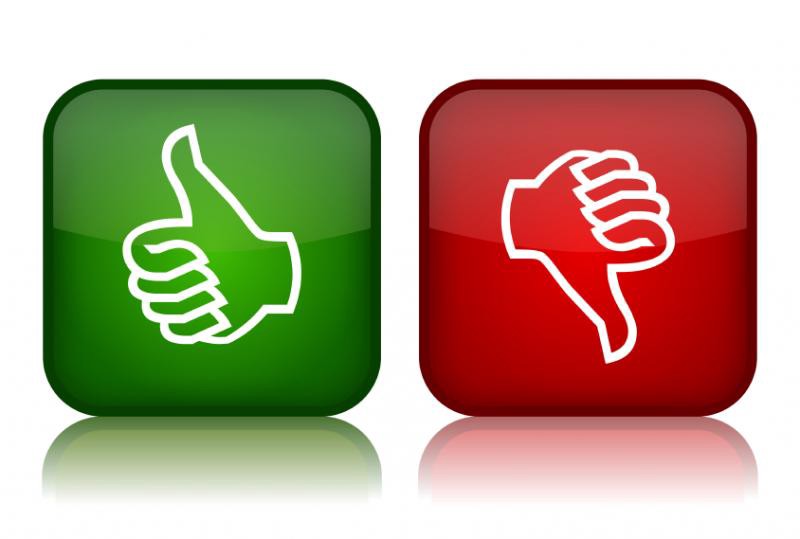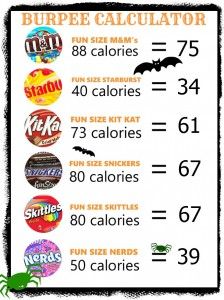Stop Moralizing Food
by Erik Castiglione
“I was bad last weekend with food, I need to get back on track.”
“I ate some bad food last weekend.”
“It’s a cheat day for me.”
“I was good all week with food, I can splurge this weekend.”
Do any of these phrases sound familiar? How often have you said something similar? It may seem harmless, but words have meaning and carry weight. Too often we equate food with morality, and it leads to an unhealthy relationship with food.
We frequently label foods as good, bad, healthy, and unhealthy. These labels trigger certain responses in our brain. When we eat foods that we’ve labeled as “bad” or “unhealthy,” we tend to feel guilty about it. The food itself isn’t evil, but we judge ourselves for making a “poor” decision, and spiral from there. In addition to guilt overeating the food, we pressure ourselves to exercise to “burn it off.” This turns exercise into punishment, which should NEVER be the case. We exercise to improve wellness, not for self-flagellation. Every Halloween, you see the graphic below make its rounds on social media, and it perpetuates this poor mindset.
When we judge ourselves for eating a certain food, we tend to avoid eating it. Avoidance leads to cravings, cravings lead to binges, binges lead to feelings of guilt, and the cycle self-perpetuates. This is not a sustainable lifestyle model, physically or mentally.
On the flip side, when we create alternatives for “bad” foods and label them as “healthy,” we give ourselves the greenlight to gorge our faces off. This is why I’m generally against “healthified” foods like paleo brownies, light beer, hard seltzer[1], etc. Generally speaking, these alternatives are created as low-calorie versions of the food they’re trying to mimic. And most of the time, they taste like crap and don’t satisfy our cravings. So, rather than have one and be done, we stuff them down our gullets in massive quantities, resulting in a calorie surplus, thus negating the point of the low-calorie food.
Now, before I trigger Coach Emma into thinking I’m advocating against her healthy recipes and Chickpea Cookie Dough, there are valid reasons for healthy substitutes. In fact, it was focusing on alternatives that helped Coach Emma shift her mindset. Instead of focusing on “bad” foods that she needed to cut out of her diet, she instead focused on healthy foods that she could add in. The healthy recipes, including cookie dough, are the creative ways that she found to include these nutritious foods into her diet. Focusing on addition rather than subtraction is a HUGE benefit when it comes to diet and lifestyle, and it’s one of the tenets of All-Tru Nutrition. Still, Coach Emma allows herself to have a treat, and without guilt. It’s this mindset that is key.
Additionally, healthy/substitute options are immensely helpful when working around food allergies – they allow us to partake without risking hives/anaphylactic shock. Most importantly, if we’re nutrient deficient in our normal diets, healthy alternatives can fill those gaps. For example, if you’re not getting enough protein in your diet, and you don’t want to crush chicken breasts or chug protein shakes, adding protein powder to baked goods, using chickpea pasta instead of regular noodles, or using Greek yogurt instead of sour cream can be great ways to remedy this. But, if your diet is already pretty dialed in, and you’re adhering to the 80-20 rule (80% nutrient dense food), indulging in an actual cookie won’t kill you. Notice, I said A cookie, not a sleeve of Oreos. It’s a treat after all, and portion size still matters.
At the end of the day, it would behoove all of us to remove moralistic labels from food completely. The only food that is truly bad is spoiled food that makes us sick. Other than that, food is fuel, and food can be a treat. Eat to fuel your body and enjoy the occasional treat. If you have a meal, day, or week of overindulgence, don’t sweat it. If it does bother you, think about why you opted for it. Were you having a rough time and used food as an emotional outlet? That’s valid. If it’s a rare occurrence, no problem; we all do it on occasion. If it’s a chronic coping mechanism, it’s up to you to get the help you need to stop it. Change your mindset when it comes to food, stop labeling it and judging yourself, and you’ll develop sustainable eating habits and a happy, healthy lifestyle.
[1] Seriously, fuck that noise. The fact that this market is growing is MADDENING. Drink a beer or have a real cocktail. Ugh


